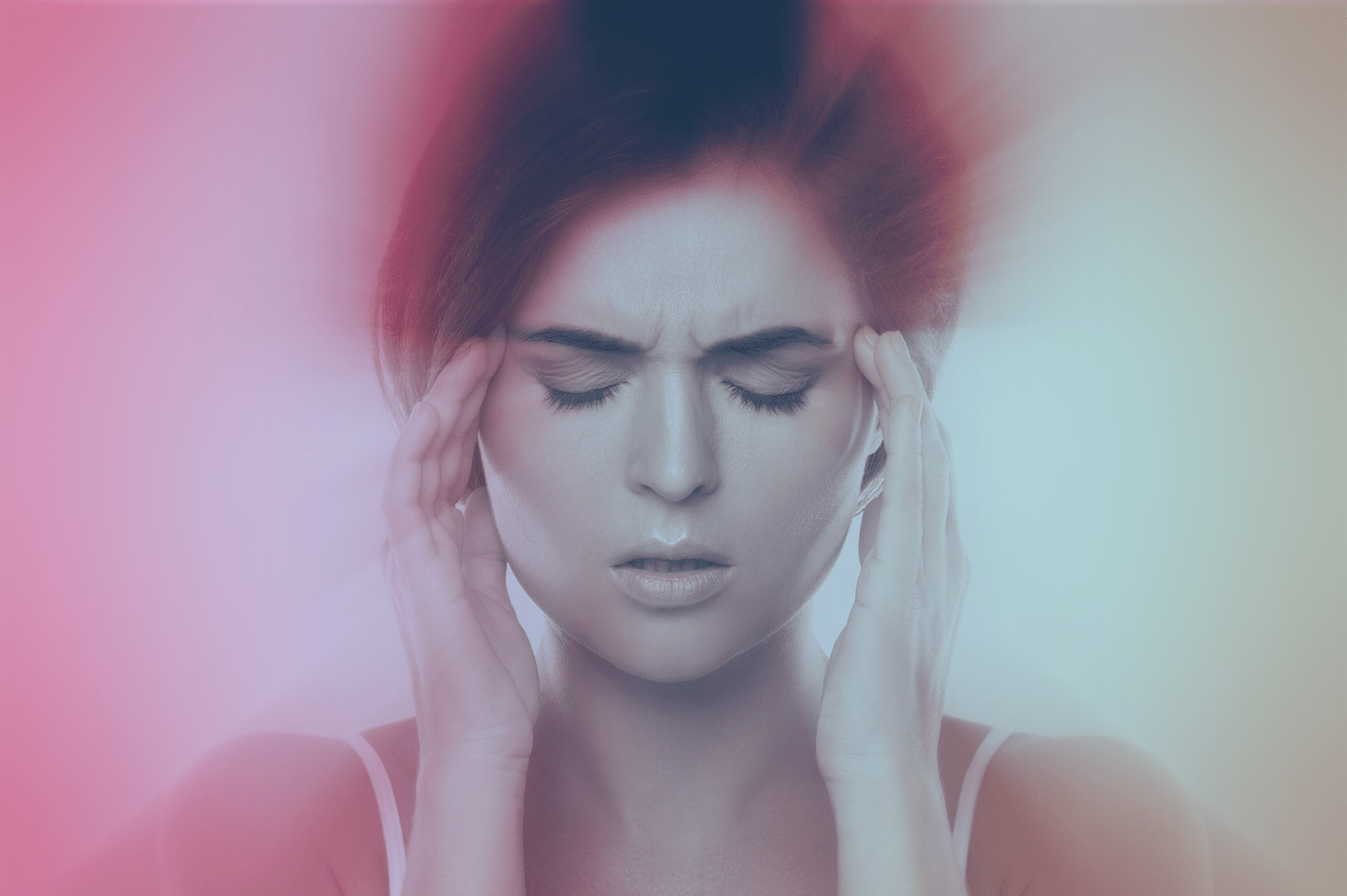A concussion is a type of head injury that can significantly impact your ability to think, feel, and behave. If you or someone you know has been diagnosed with a concussion, it’s important to understand the signs and symptoms so that you can get the care that you need. In this article, we’ll give you a breakdown of what a concussion is, what causes them, and what to do if you or someone you know experiences them.
A complete concussion is a traumatic brain injury caused by an impact on the head or body that can cause loss of consciousness and serious damage to the brain. A concussion occurs when the skull is violently jarred from its normal position on the spinal cord, causing damage to brain cells. Symptoms of a concussion include headache, dizziness, nausea, and vomiting. If left untreated, a concussion can lead to long-term cognitive problems, including memory loss and difficulty concentrating.

To know if you have a concussion, take the following steps:
1. Immediately seek medical attention if you experience any of the following symptoms: confusion, trouble speaking or understanding, inability to think straight, severe headache, sensitivity to light or sound, changes in mood or behavior, or seizures.
2. Do not drive until you have been cleared by your doctor. Even if you feel fine now, your ability to operate a vehicle may be impaired after sustaining a concussion.
3. Avoid any strenuous activity until you have been cleared by your doctor. Strenuous activity can further increase the risk of developing another concussion.
